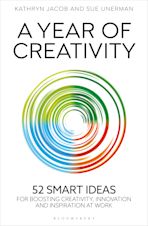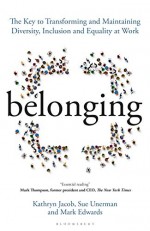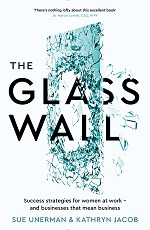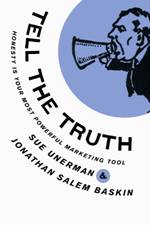The Strategy Blog.
-
In a high performance business there is only one team
In a high performance business, whatever your team is called, it is also the team that helps clients’ business growth. In a discussion about the parlous state of the National Health Service in the UK, one commentator remarked recently that nothing would change until every government department understood that it…
-
What is media strategy, and why is it important?
At its simplest any strategy is a longer term view of a plan, a way of achieving a longer term objective. Of course that isn’t enough. Anyone can write a longer term view. What you need, (or otherwise what’s the point?), is a winning strategy. And a winning media strategy…
-
Cannes 2024 takeaways
-
Start spinning
New vinyl, new gifting I have missed the smell of vinyl. Growing up, buying a record on vinyl (the main format when I was a teenager) was hugely exciting. After months of saving up you would venture out to the quite intimidating record store, staffed by trendy young adults (everyone…
-
There’s more than 2 Fs.
When you are in a stressful situation at work there are famously two reactions that you might feel: Flight or Fight. These ancient responses make sense if you think of a pre language situation, where danger, at the dawn of mankind, might be sensed by the snap of a twig…
-
“Gradually, then suddenly.”
Ernest Hemingway fans will recognise this as the apparently contradictory yet ruefully truthful reply that Mike Campbell gives when he’s asked “How did you go bankrupt?” in Ernest Hemingway’s iconic novel The Sun Also Rises. It’s an important concept. It might seem contradictory, (if its gradual, how is it sudden?)…
-
What does Taylor Swift do right?
On April 2nd 2024 Taylor Swift officially became the 2545th richest billionaire on the planet. (There are apparently a lot of billionaires these days). According to Forbes she is the first musician to achieve this from talent alone (not needing side hustles). A new concept has been named for her. …
-
ITS NOT FAIR
Do you ever feel like this? I’ve blogged in the past about the fact that we are part ape and part bee. Not just you and me, but humans in general. It’s the theory of author and social scientist Jonathan Haidt who says that whilst deep down we are still…
-
Career stalling? Need a boost? It is all about technique
Misty Raney Bilodeau is one of the stars of Homestead Rescue, a very snackable Discovery Channel makeover show. The twist for this version of the tried and trusted format is that the Raney family turn up at the homes of Americans who have moved off grid. They have left the…
-
How best to get what you want: Hard or Soft power?
If you have to choose between having hard or soft power, which should you go for? In 1919 the British Empire was at its largest. It covered a quarter of the land mass of the world, and ruled over a fifth of the population. This was hard power, command and…
-
What can we learn from Ronnie the Rocket about winning?
Ronnie O’Sullivan is unlike other legendary sports people in a number of ways. First of all, he’s got huge longevity: he is the only snooker player to have won the world championship as both the youngest, and now the oldest player. Secondly, at the same time as being on top…
-
For love or money? What is professionalism?
Nick Dunlap made golfing history in January 2024 when he won The American Express PGA Tour. He is the first amateur to win a PGA Tour event in 33 years. The prize money for the event is £1.5m. However, because he is an amateur golfer (Dunlap is a university student), he…



